From August 13-14th 2024, Asian Universities Alliance (AUA) Member Universitas Indonesia successfully hosted the AUA Academic Conference on the Application of Sustainable Life: Balancing Science, Technology, and Human Development in conjunction with The 5th Life and Environmental Sciences Academics Forum (LEAF) 2024. The theme of the hybrid joint-conferences was "The Application of Sustainable Life: Balancing Science, Technology, and Human Development", the primary objectives being to acquire new and updated knowledge regarding life science, environmental science and earth science.
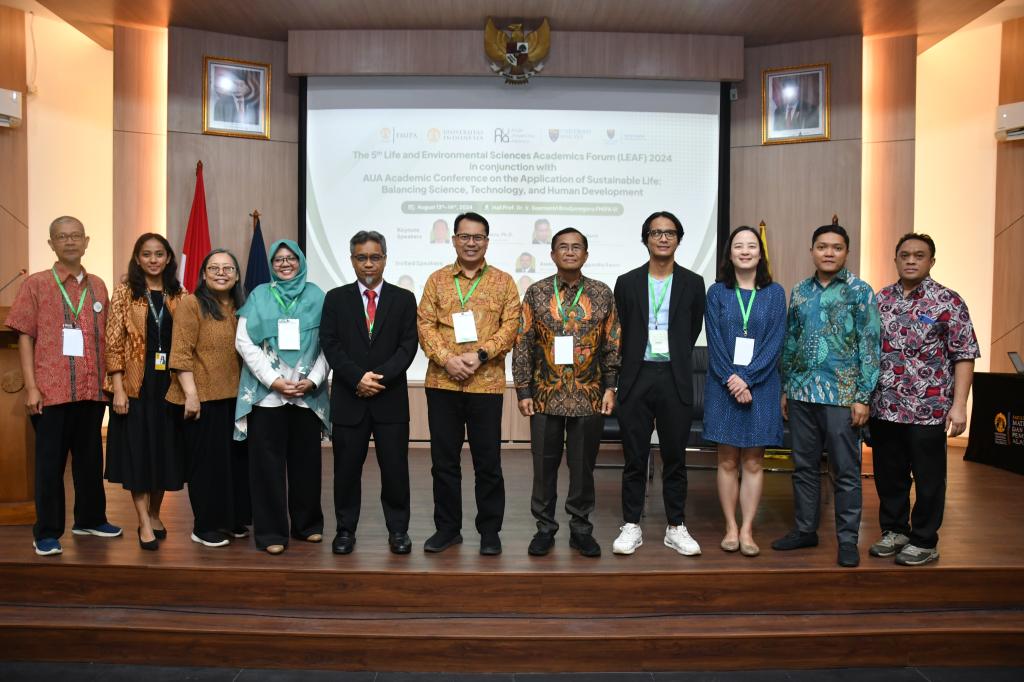
Over the course of two days, the conference included three panel discussions with 32 presenters and 33 participants representing 6 AUA universities (including Universiti Malaya, Chulalongkorn University, Universitas Indonesia, The Hong Kong University of Science and Technology, National University of Singapore, and The University of Tokyo, etc.) and various government agencies.
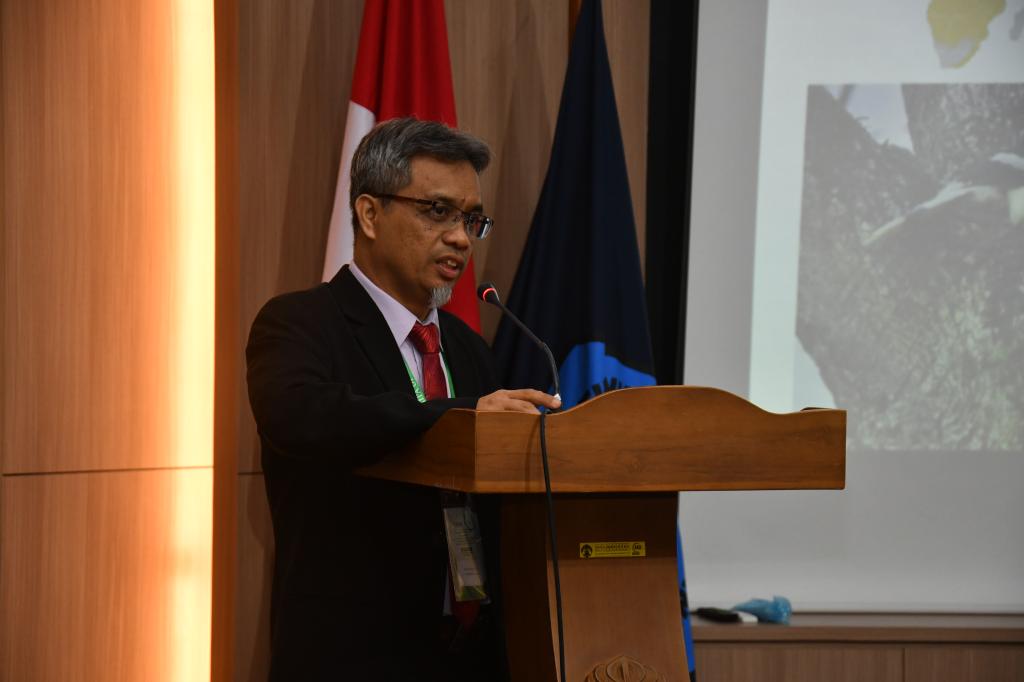
The AUA Academic Conference began with the opening ceremony, chaired by Dr. Yulia Mariana Tesa, A.P. Dr. Windri Handayani (Chairman of LEAF 2024) and Prof. Dede Djuhana, Ph.D. (Dean Faculty of Mathematics and Natural Sciences, Universitas Indonesia) both delivered the welcoming remarks. Following the opening ceremony, two keynote speakers addressed biodiversity conservation developments and challenges in Southeast Asia. Firstly, Prof. Dr. Rosli Ramli of Universiti Malaya, Malaysia gave a speech on "Issues and Challenges in Conserving Hornbills (Aves: Bucerotidae) in Malaysia". Secondly, Prof. Jatna Supriatna, Ph.D. of Universitas Indonesia gave a speech on "Wildlife Ecotourism in Indonesia: A Review on the Development and Regulation". Several more invited experts discussed related topics in earth science, environmental practices and biodiversity.
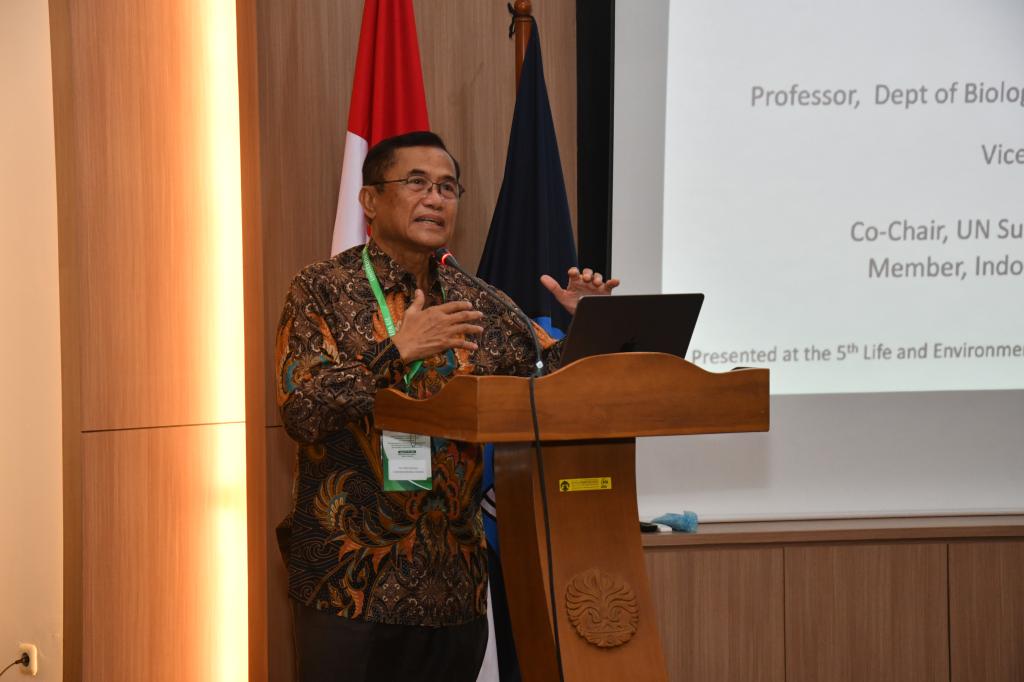
The second day of the conference went completely into the first-panel session with 7 invited experts introducing their research results and how it addresses environmental problems, such as assessing seismicity in relocated earthquake hypocenters, as well as new agricultural fertilizers, bimetals and their impact on CO2 pollution, rock-mass classification in underground mining, etc.
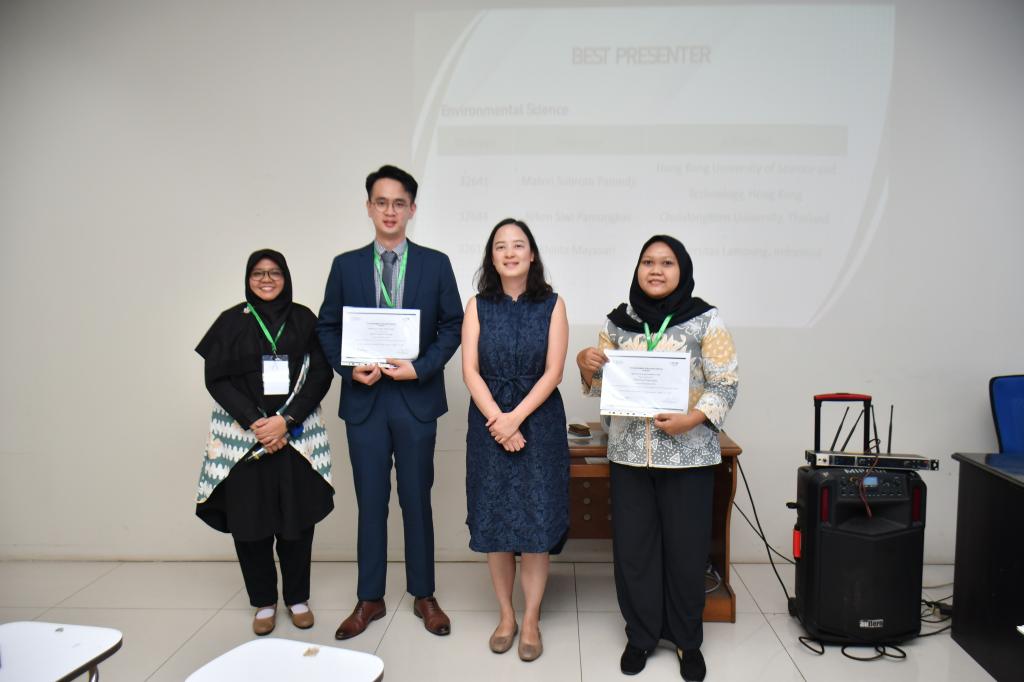
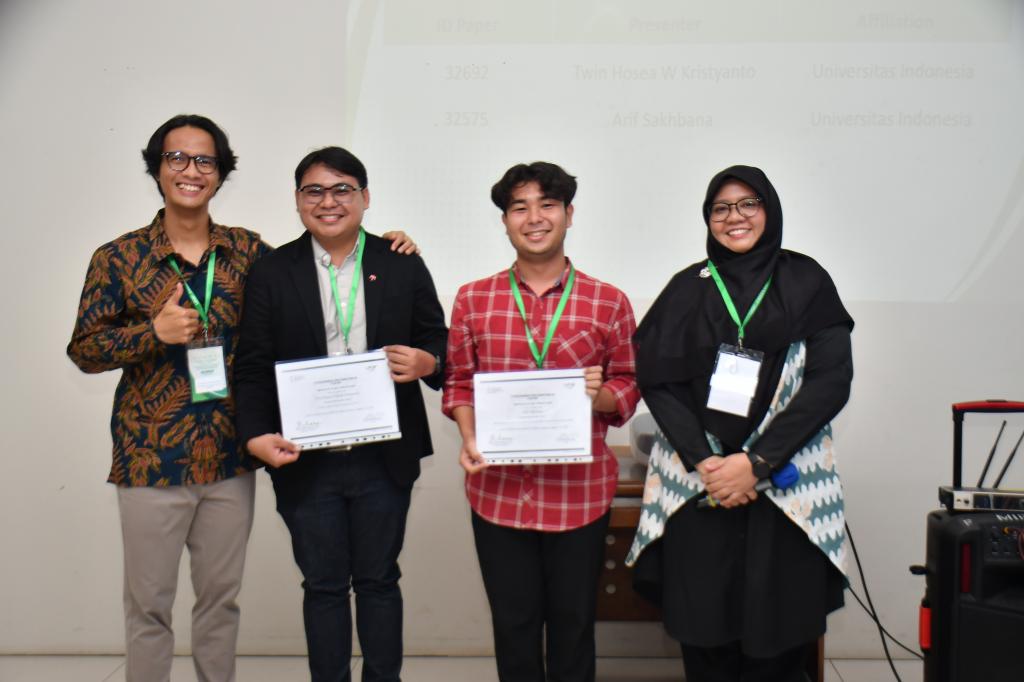
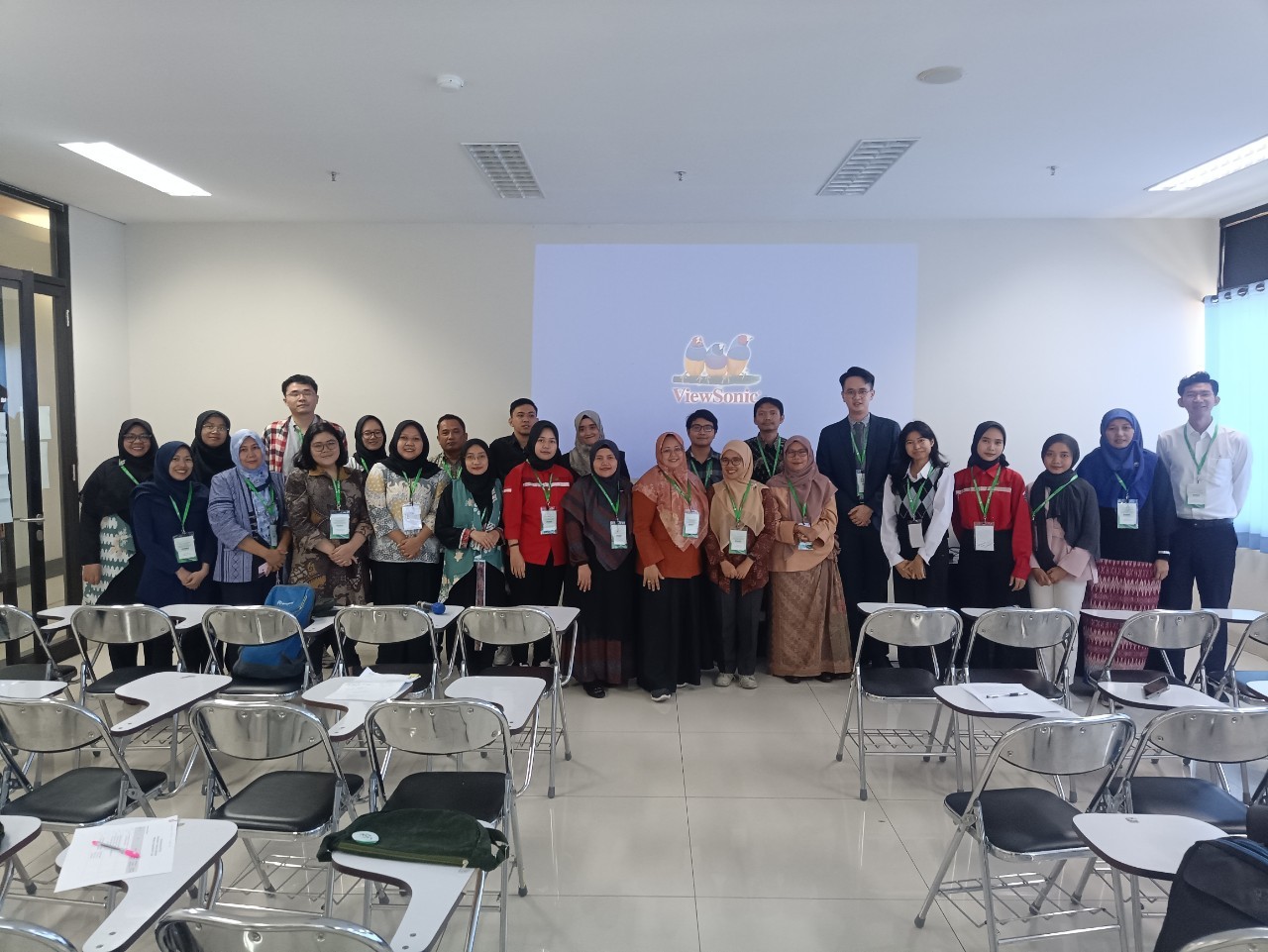
This was followed by the second and third-panel session the last day of the conference. During the second-panel session, the conference attendees divided into two groups, and in two different rooms, (moderated respectively by Ade irma Elvira and Rezky Aditio), they mainly focused on the topic of biodiversity mitigation strategies in Indonesia. They also proposed several sustainable biodiversity practices for local communities.In the third-panel session, the conference attendees again divided into two groups (moderated this time respectively by Andi Salamah, Twin Hosea Widodo Kristyanto of Universitas Indonesia and Tety Maryenti), delving into issues such as climate change policies, sustainable energy optimization, cultivation and land use change impacts on habitats.
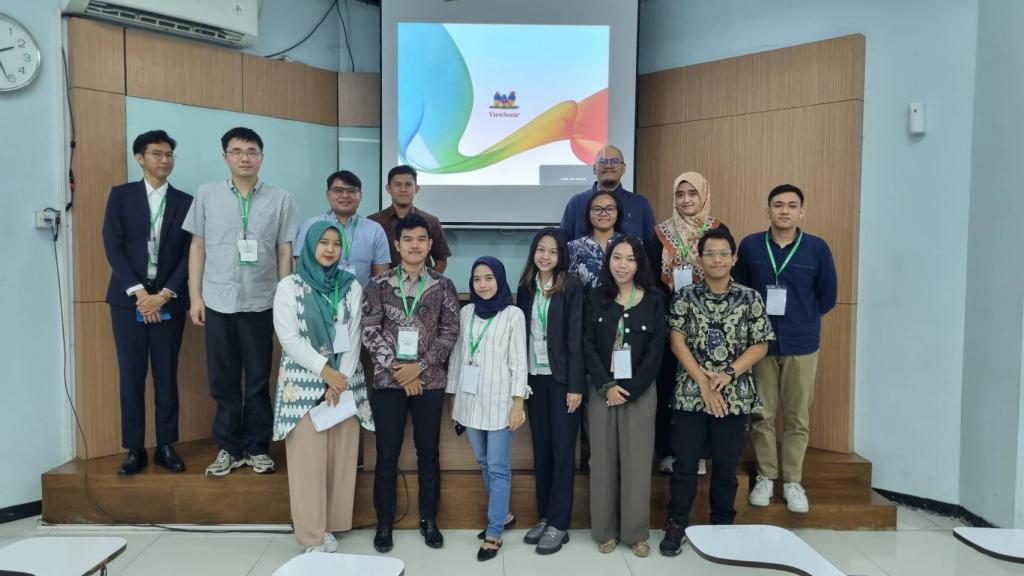
For the closing ceremony, delivered by Dr. Windri Handayani, the best presenters specifically for ‘Life Science’, ‘Environmental Science’ and‘Earth Science’ were announced. For ‘Life Science’, the best presenters were Afiatry Putrika of Universitas Indonesia and Dwi Murti Puspitaningtyas of the Badan Riset dan Inovasi Nasional (BRIN). For ‘Environmental Science’, the best presenters were Malvin Subroto Pamudji of Hong Kong University of Science and Technology, Niken Siwi Pamungkas of Chulalongkorn University and Shinta Mayasari of Universitas Lampung, Indonesia. Lastly, for ‘Earth Science’, the best presenters were announced as Twin Hosea Widodo Kristyanto of Universitas Indonesia and Arif Sakhbana of the Universitas Indonesia & Jakarta Groundwater Conservation Center.In conclusion, the joint-conference was an overall success due to its development of further research collaboration, as seen in the outcomes of plans for joint research initiatives and an expansion of the AUA Staff and Student Mobility Program, which will only strengthen ties amongst Asian higher education institutions. Additionally, the event promoted further global networking and collaboration amongst universities and government agencies, as seen in the presence of the Regional Research and Development Agency, Universitas Indonesia & Jakarta Groundwater Conservation Center and the Badan Riset dan Inovasi Nasional (BRIN). Participants agreed on the invaluable importance of further collaboration in the field of sustainable science and integrating human development, scientific research and technology into shaping a better environment.
Written by: Sophia Dooly
